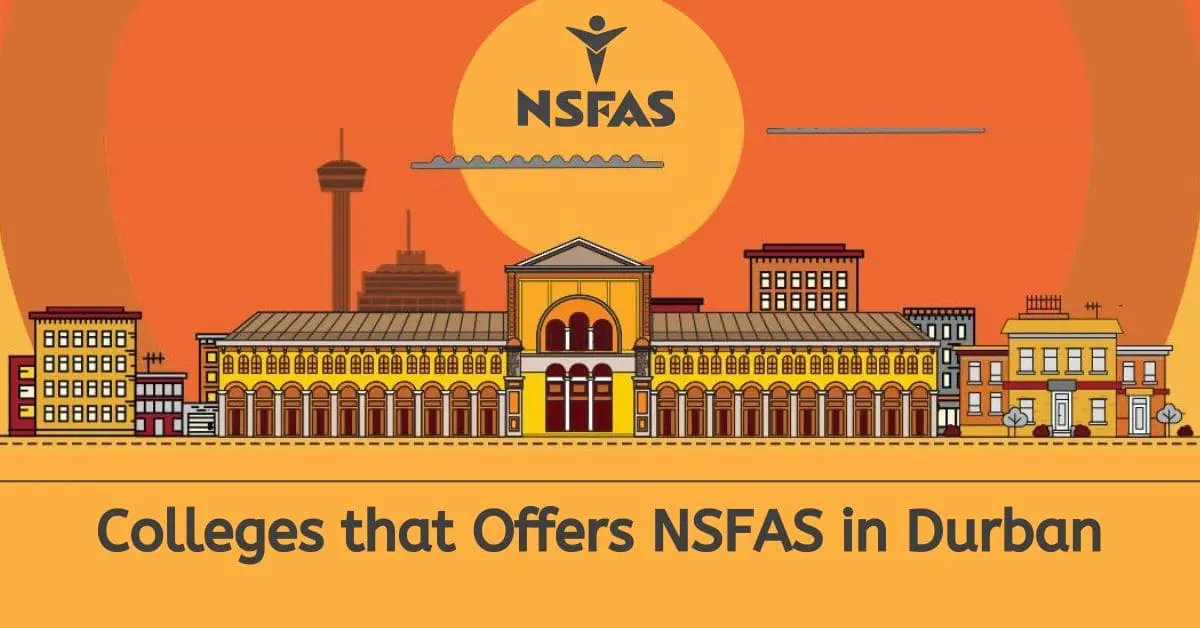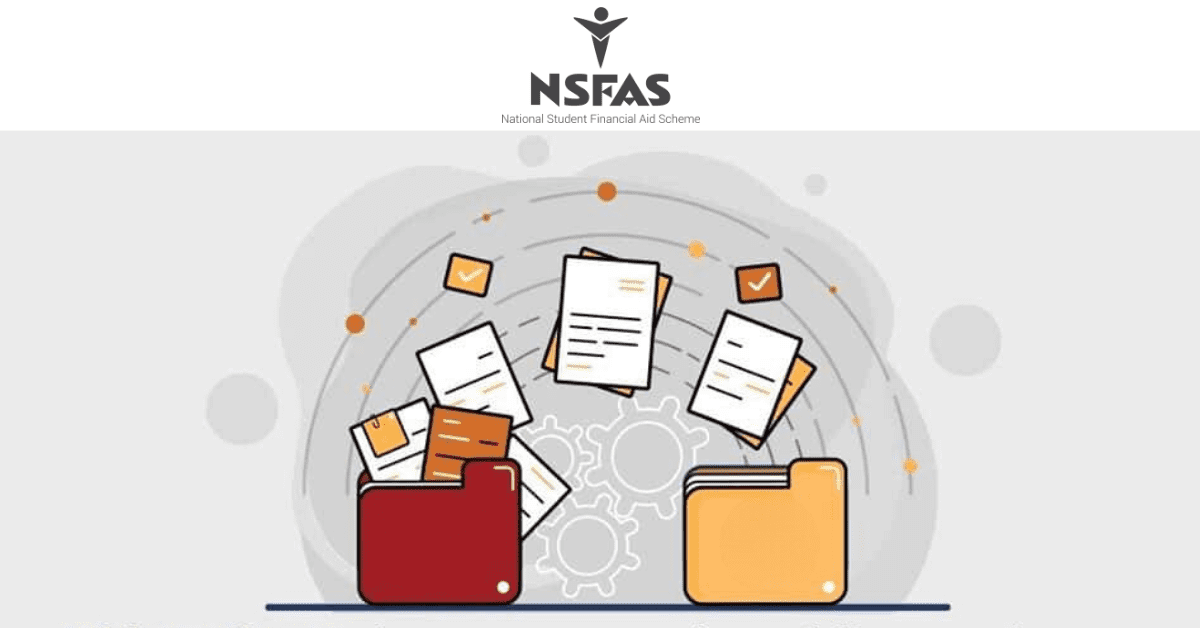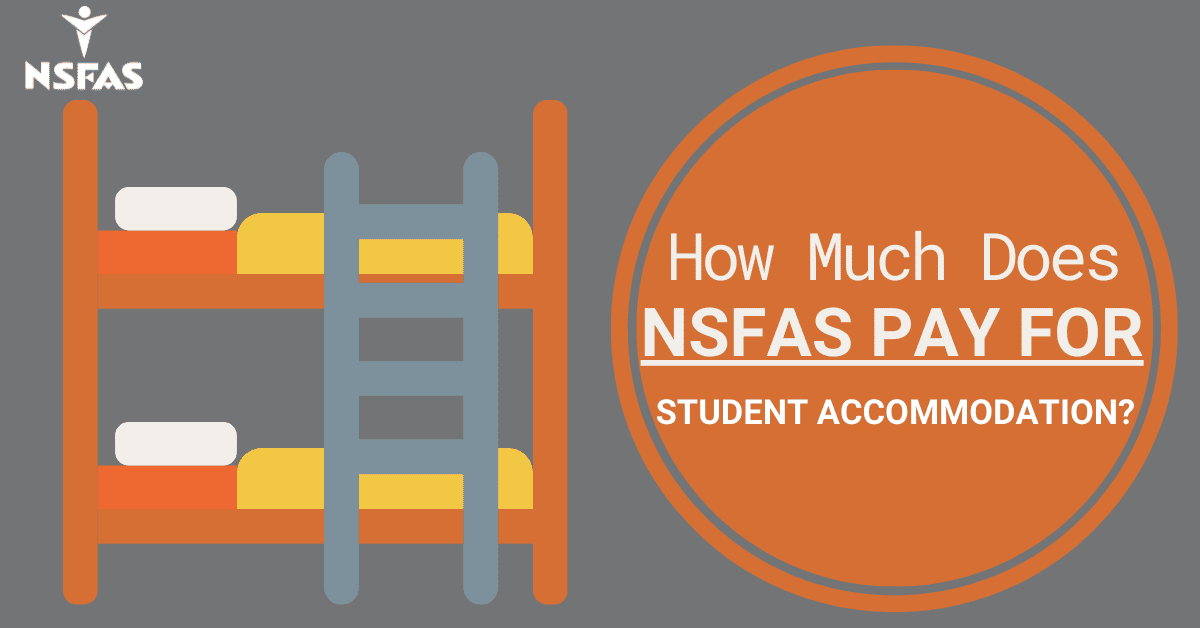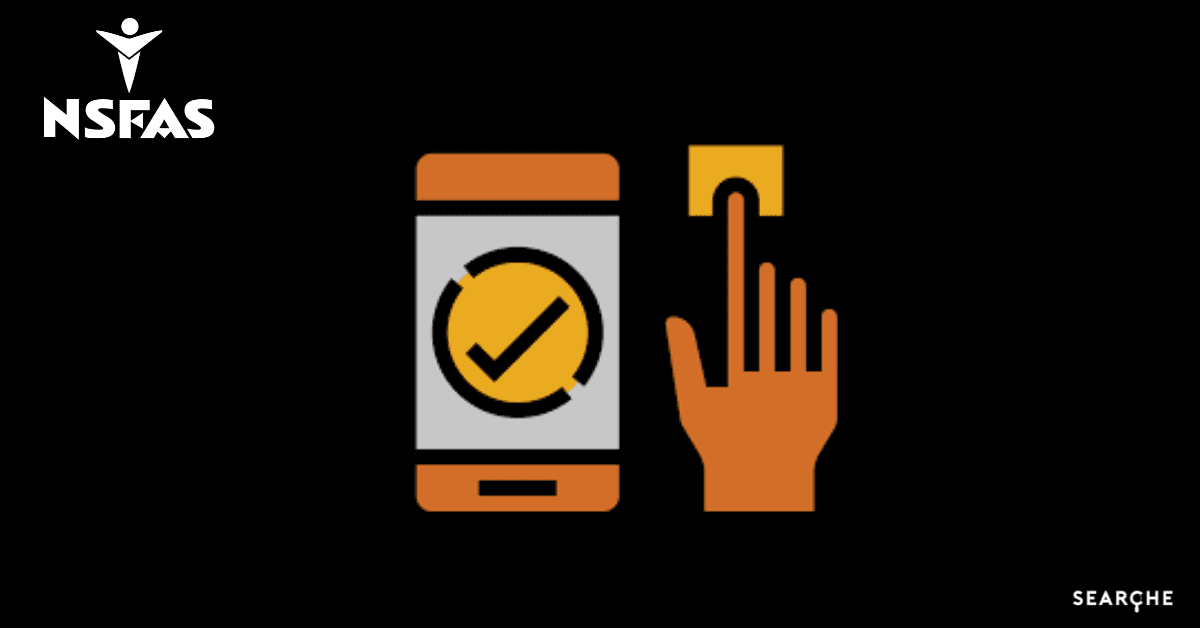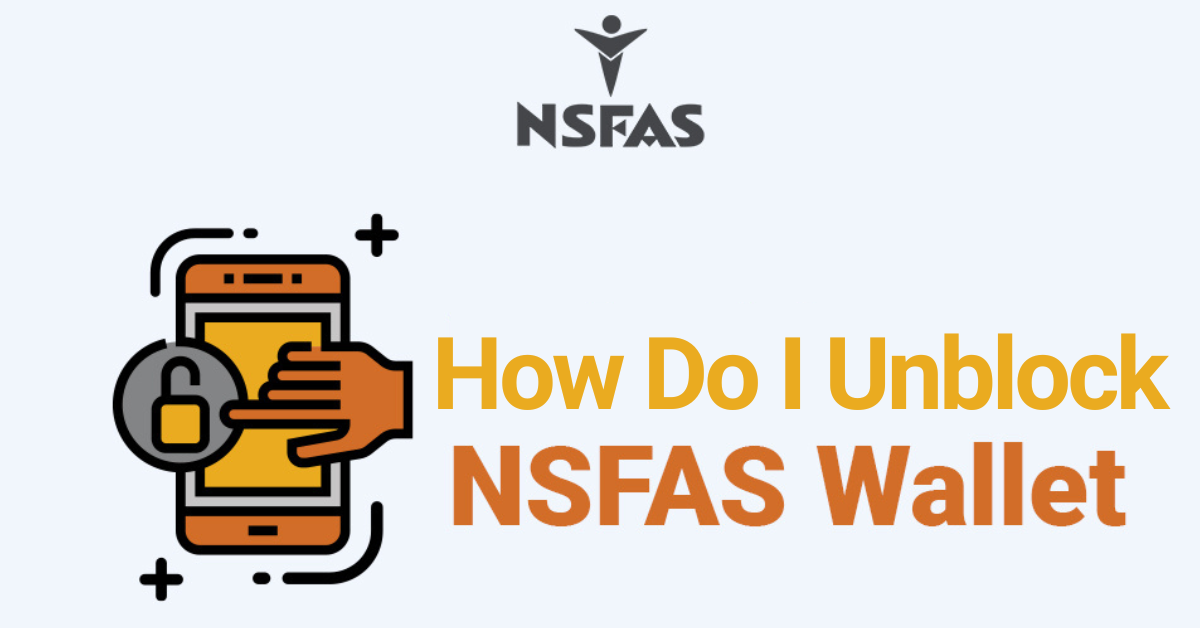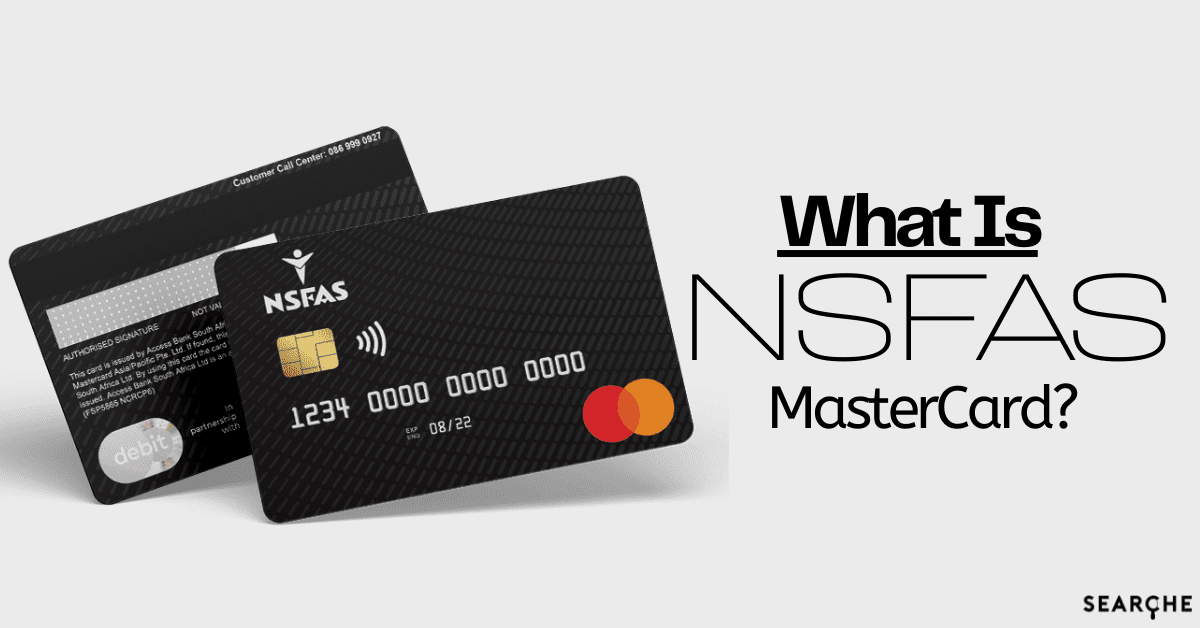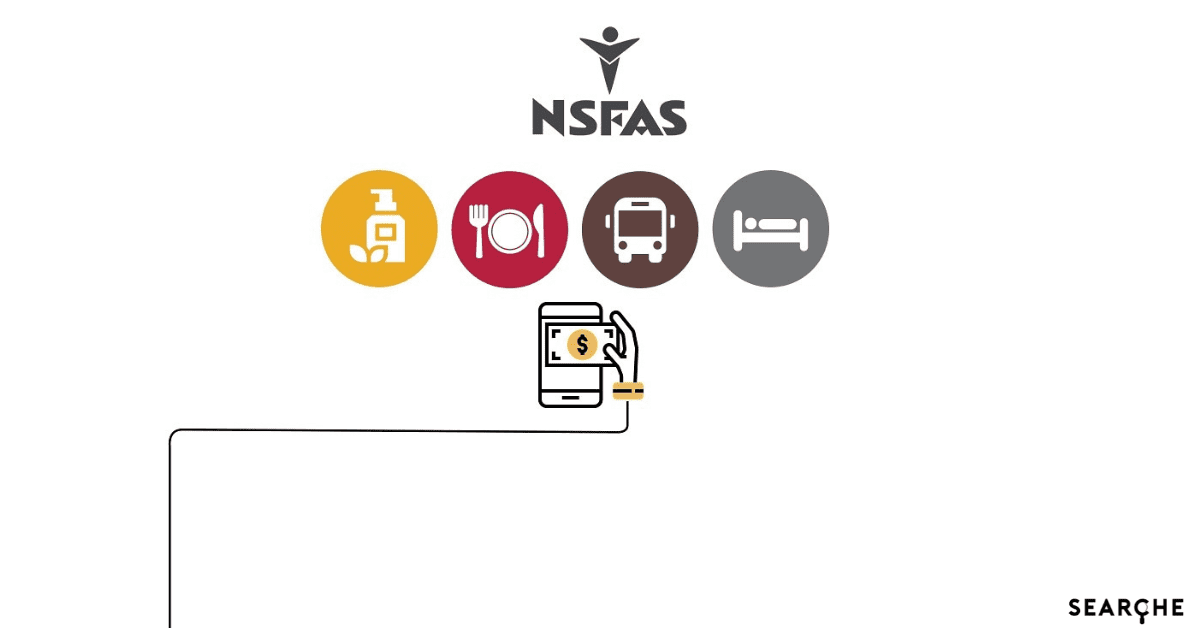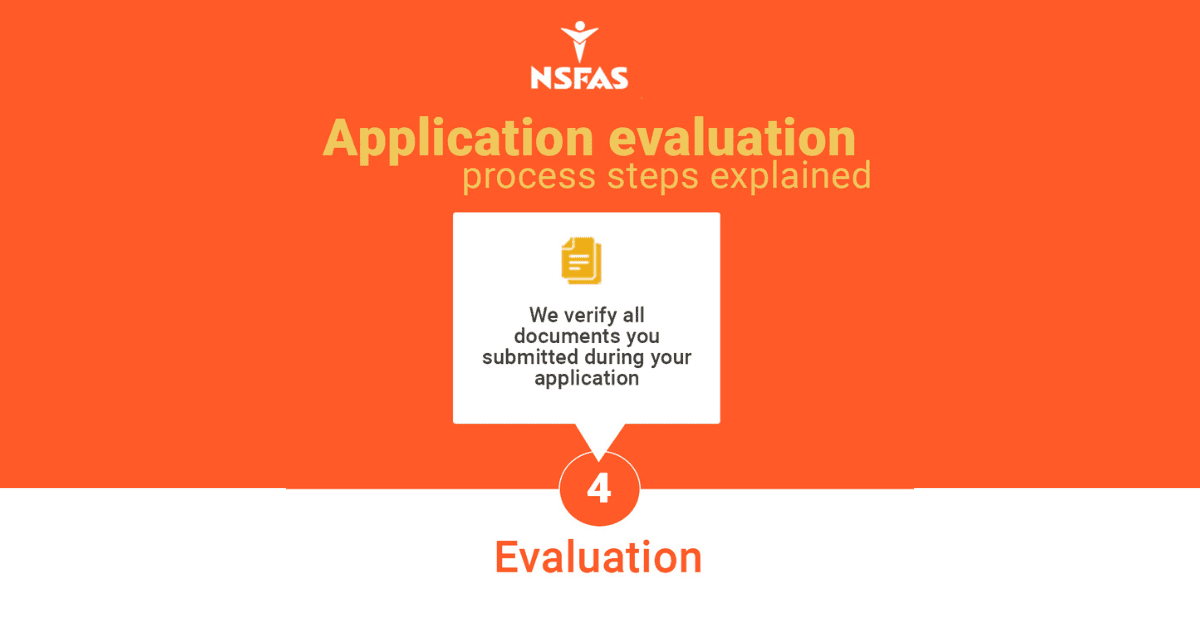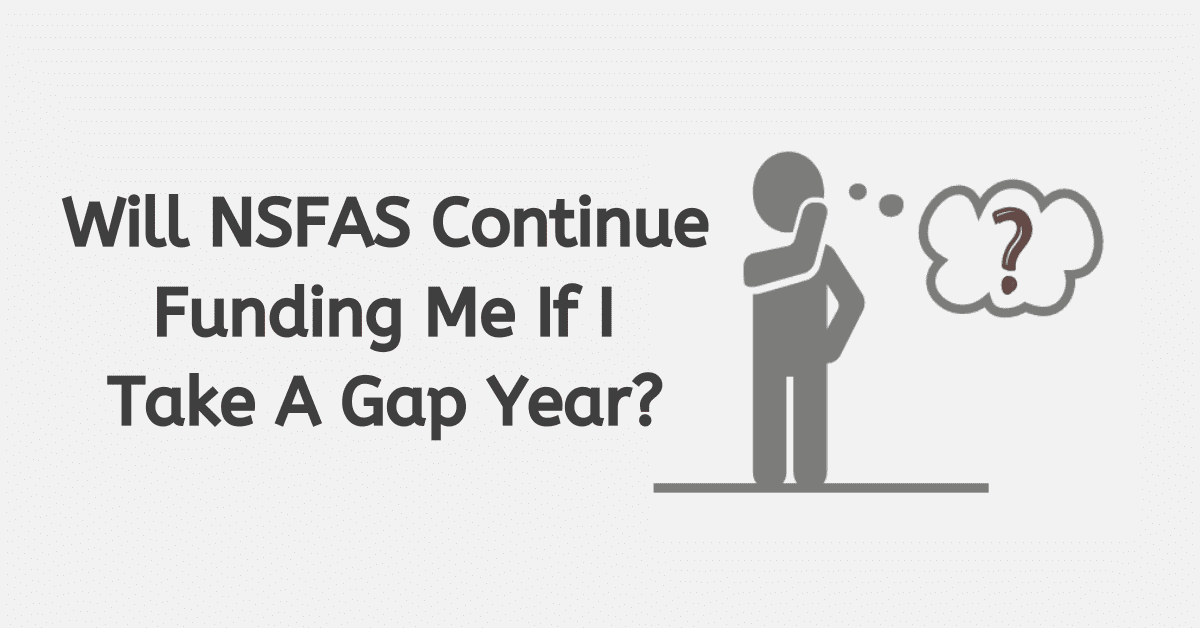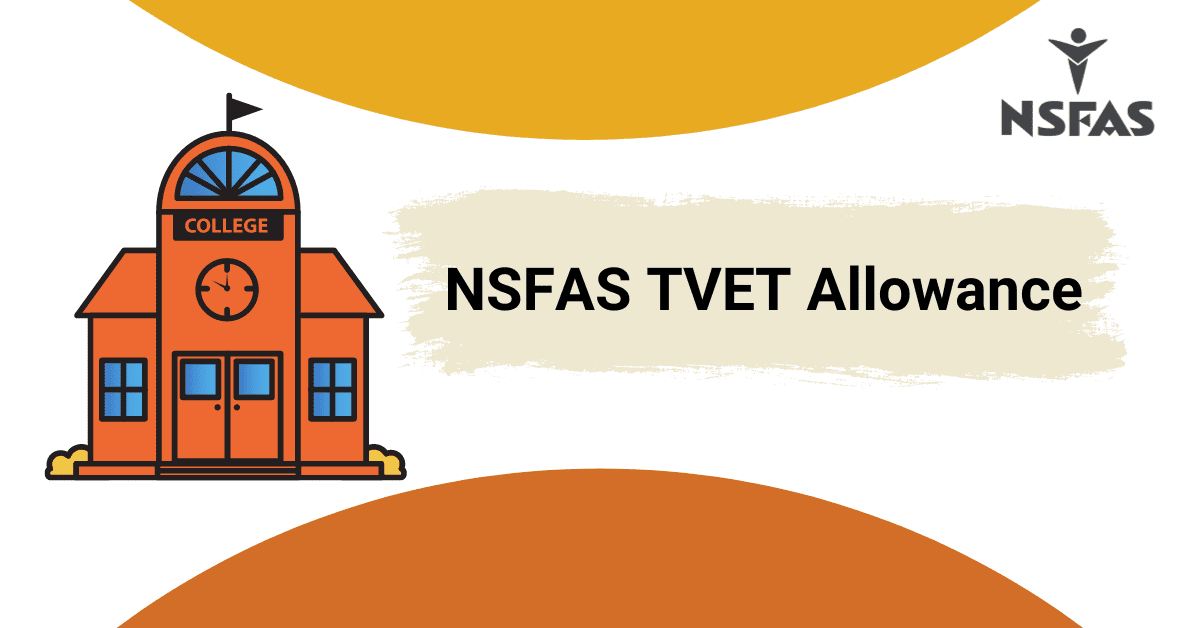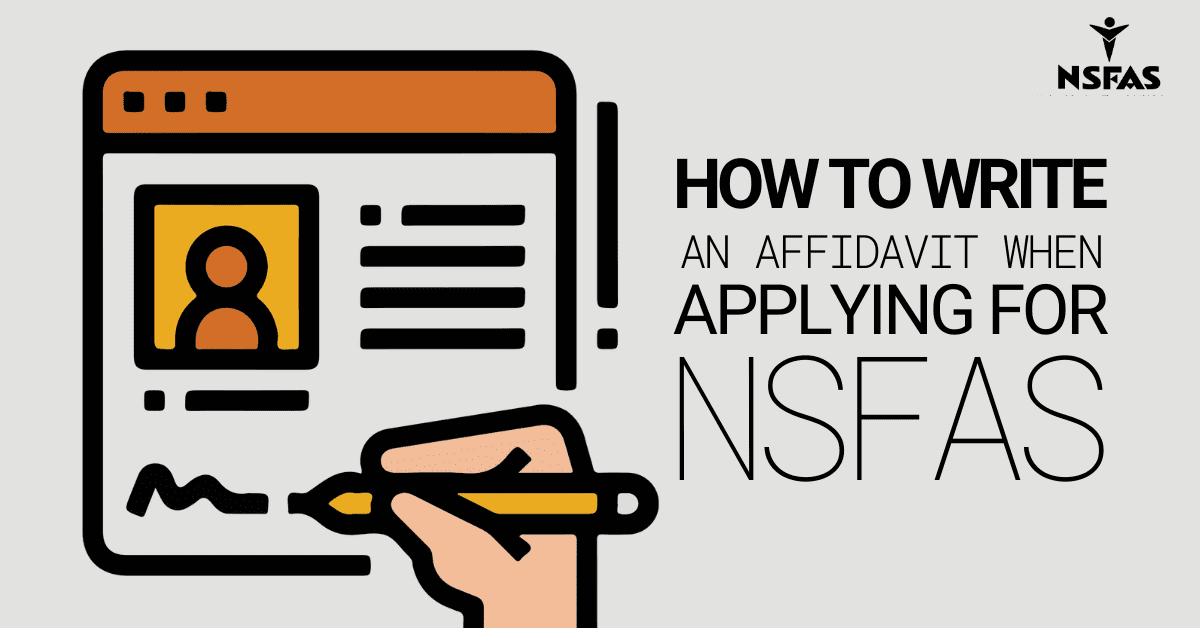Are you considering applying for NSFAS funding but unsure how long the funding will last? If so, then this article is definitely for you.
NSFAS has helped millions of promising South African students to pursue their educational ambitions and secure their dream jobs for over three decades. The scheme is aimed at assisting eligible students from low-income homes to obtain a fully funded tertiary education from a public university or TVET college by covering the following costs:
- Tuition Fees
- Accommodation Co
- Transport Costs
- Learning Material
- Living Allowance
How Many Years Does NSFAS Fund Students
As with any funding scheme, there are several terms and conditions when receiving a NSFAS bursary. NSFAS’s bursaries are awarded to students depending on the amount of funds available for the year of application and provided that it can cover the full cost of the chosen program by the institution that accepts the student.
However, a cap is placed on the total number of years that NSFAS will fund students. NSFAS will support students that qualify for a maximum of five years, based on the availability of funds for each year.
This means that students enrolled in courses that take more than five years to complete, such as medical study-related courses, will be required to pay for their own tuition following their fifth year of studies.
Most courses and degrees have two to four years to complete; therefore, students who fail one year of studies may qualify for an extra year of funding.
Why Would NSFAS Stop Funding a Student
NSFAS reserves the right to ensure that all applicants have used the correct process to apply and may stop funding if students no longer meet the requirements set out during their acceptance. There are several reasons that NSFAS may cease funding students, this includes:
- Students that did not provide correct and accurate information during the application process for funding from NSFAS
- Students no longer meet the minimum requirements to study at the particular learning institution.
- Students that are not or no longer South African citizens
- Students that do not pass at least 50% of their prescribed study modules or do not meet the minimum required standard set by the learning institution in a given academic year
All students are also urged to take note of the N+ rule which means that all students are given one extra year if they fail a course within a certain academic year. The N+ rule applies to all students that register at an institution of higher learning and are funded by NSFAS.
How Many Extra Years Does NSFAS fund
NSFAS aims to fund students for the full duration of their studies; however, they ARE also able to fund students for an extra year if they fail one year of study due to the N+ rule that NSFAS has set in place.
Prior to 2018, NSFAS allowed an N+2 rule which was thereafter changed to N+1. In simple terms, the N represents the number of years that the qualification runs for, while the proceeding number (+1) represents the number of years that NSFAS will continue to fund the student in the event that they fail.
Following the changes in 2018, NSFAS has clarified that the N+ rule refers to the total number of years of the student’s registration for tertiary study and applies regardless of the student’s changing institutions.
Students who receive an unsuccessful funding response stating that they have exceeded the N+1 rule have been studying for a longer period than the minimum allocated time for the completion of the specified course.
There have been instances where NSFAS has been sympathetic toward students who have exceeded the total expected duration of the course and only have a few modules left to complete. In this instance, students can appeal to NSFAS and speak to their respective financial aid officers for additional funding; however, it should be noted that this does not guarantee that the student will be accepted.
NSFAS has mentioned that it is unfair to fund students for very long periods as it would affect their ability to fund new entrants and reduce the number of opportunities available to new funding hopefuls.
Does NSFAS Count Gap Year?
Another common question among funding applicants is: Does NSFAS pay for extra or gap years? The answer to this question is related to the N+ rule mentioned above.
NSFAS will continue to fund students that take a gap year, whether that be before they start or during their qualification. The only difference is that students who fall under this category will be required to reapply for funding from NSFAS upon their return.
The main reason for gap year students to reapply is for NSFAS to assess and verify that these students are still eligible for funding and ensure that nothing significant has changed in their situation. For example, students that took a gap year may have found a job that has increased their household income. Depending on the increase in income, the student may have also become ineligible for NSFAS funding due to them surpassing the stipulated income criteria of the application.
Students that do not reapply after the gap year will have their funding forfeited.
Conclusion
NSFAS aims to fund successful applicants from the time that they start their studies through to graduation; however, there are certain criteria and limitations on the total duration that a student can take to complete their respective courses. The N+ rule sets the guideline for extended terms of study and, following the change to policy in 2018, was subsequently changed to N+1 from N+2 prior. Students that were already accepted and enrolled prior to 2018 do still qualify for the N+2 rule; however, all accepted applicants, whether enrolled before or after 2018, are required to reapply for funding following a gap year or in the event that they fail and require an additional year of funding.
